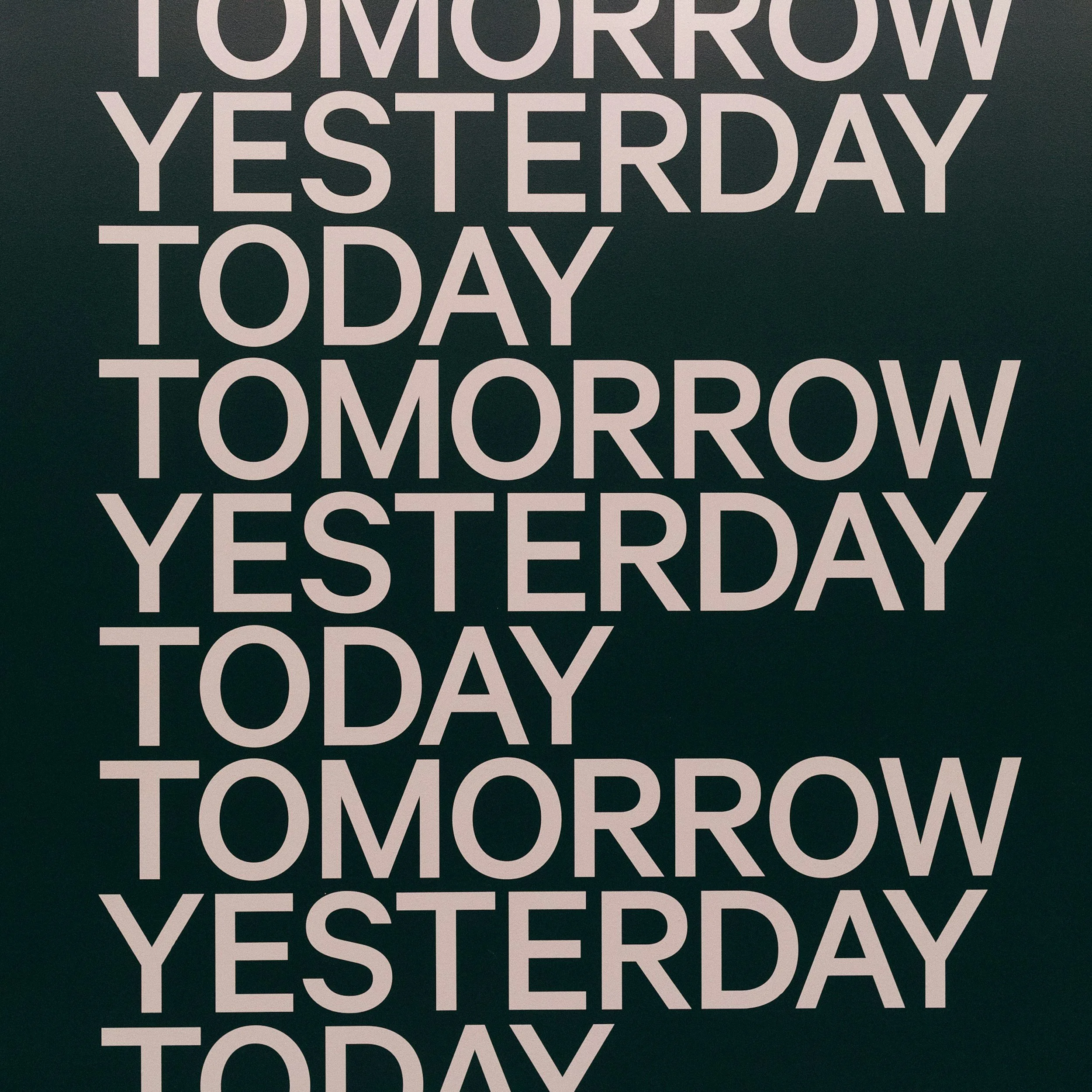How to Build Habits That Stick (Without Willpower)
As a nutritionist and trainer, I’ve worked with many clients who feel frustrated by their inability to “stay on track.” They start strong—meal prepping, exercising, journaling—but within weeks, they’re back to old patterns. The common assumption? They just didn’t have enough willpower.
But here’s the truth: willpower is not a reliable strategy for long-term change. It’s fleeting, easily drained, and often tied to guilt and shame. If you’ve ever felt like you “failed” because you couldn’t force yourself to stick to a routine, I want you to know—it’s not your fault. You weren’t lacking discipline. You were lacking support systems.
Let’s explore how to build habits that actually stick—without relying on willpower.
Why Willpower Isn’t Enough
Willpower is like a phone battery. It starts full in the morning and drains throughout the day as you make decisions, resist temptations, and manage stress. By evening, when you’re tired and overwhelmed, it’s no wonder that cooking a healthy meal or going for a walk feels impossible.
Relying on willpower alone sets you up for burnout. Instead, sustainable habits come from structure, self-compassion, and strategic design.
The Psychology of Habit Formation
Habits are behaviors that become automatic through repetition. They’re shaped by cues (triggers), routines (actions), and rewards (positive outcomes). The more you repeat a behavior in response to a cue—and experience a reward—the more likely it is to become a habit.
Here’s how to use that framework to your advantage:
1. Start Tiny and Stack
Big goals are exciting, but they’re also overwhelming. Instead of trying to overhaul your entire lifestyle, start with one tiny habit—something so small it feels almost effortless.
Drink a glass of water when you wake up.
Stretch for 2 minutes after brushing your teeth.
Prep one snack instead of an entire week of meals.
Then, stack this habit onto an existing one. This technique, known as “habit stacking,” uses your current routines as anchors for new behaviors.
Example: “After I make my morning coffee, I’ll take my vitamins.”
2. Design Your Environment for Success
Your environment influences your behavior more than you think. If your kitchen is filled with processed snacks, you’ll reach for them. If your workout gear is buried in a closet, you’ll skip your session.
Make the healthy choice the easy choice:
Keep pre-cut veggies at eye level in the fridge.
Lay out your workout clothes the night before.
Place a water bottle on your desk.
Use visual cues like sticky notes or habit trackers.
Small tweaks to your space can remove friction and make your habits more automatic.
3. Use Cues and Anchors
Habits thrive on consistency. Tie your new behavior to a specific cue—something that already happens regularly.
After logging off work → go for a walk.
After lunch → take 5 deep breaths.
After putting kids to bed → prep tomorrow’s breakfast.
These anchors help your brain associate the habit with a moment in time, making it easier to remember and repeat.
4. Track Progress with Curiosity, Not Judgment
Tracking your habits can be powerful—but only if it’s done with compassion. Instead of obsessing over perfection, use tracking as a tool for self-awareness.
What days do you feel most motivated?
What triggers resistance?
What habits feel energizing vs. draining?
This insight helps you adjust your approach without shame. Remember: data is information, not a verdict.
5. Celebrate Every Win
Every time you follow through on a habit, acknowledge it. A simple “I did it!” or a checkmark on your calendar reinforces the behavior and builds confidence.
Celebrating small wins creates a positive feedback loop. It shifts your mindset from “I have to do this” to “I get to do this.”
Consistency Over Intensity
You don’t need to be perfect—you need to be consistent. A 10-minute walk every day is more powerful than a 60-minute workout once a week. Sustainable weight loss and body acceptance come from showing up regularly, not pushing yourself to extremes.
Consistency builds trust with yourself. It proves that you’re capable of change, even when life gets messy.
Final Thoughts
Building habits that stick isn’t about forcing change—it’s about creating a lifestyle that supports your goals and honors your body. When you shift from willpower to strategy, you make space for growth, grace, and long-term success.
If you’re ready to build habits that feel good and last, I’d love to help you get started. Let’s make wellness work for your real life.

